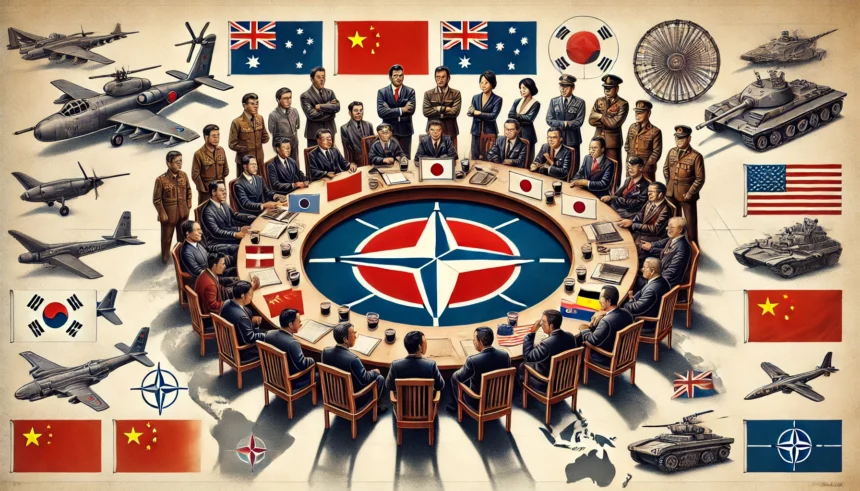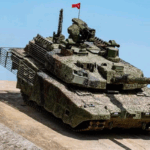Summary and Additional Remarks by Geopolist | Istanbul Center for Geopolitics:
Shigeru Ishiba’s new suggestions signify a decisive transformation in Japan’s defense strategy, highlighting a more assertive regional role. His concept of an “Asian NATO” seeks to counteract China’s expanding influence and tackle security issues in East Asia, especially with Taiwan. Ishiba’s proposals to station Japanese forces in Guam and amend the US-Japan security treaty signify an advocacy for a more balanced relationship with Washington. His support for nuclear deterrence may signify a contentious shift in Japan’s historically non-nuclear policy position.
Key Proposals: “Asian NATO”: Ishiba advocates for the establishment of a regional defense alliance analogous to NATO’s framework. The objective is to establish a cohesive alliance to discourage China, Russia, and North Korea, thereby enhancing stability in the Asia-Pacific region. His assertion that “today’s Ukraine could be tomorrow’s East Asia” highlights his apprehension on possible regional flashpoints, especially concerning Taiwan.
Bilateral Security Revisions: Ishiba’s proposal to amend the US-Japan Status of Forces Agreement (SOFA) and rectify the imbalances in the Japan-US Security Treaty indicates a wish for Japan to assume a more assertive and equitable position within the alliance. The deployment of Japanese troops on US territory, such as Guam, is a substantial alteration from the post-war military agreements that have limited Japan’s overseas military presence.
The Prime Minister has advocated for a reevaluation of the US nuclear posture in the region, potentially encompassing the contentious proposal of deploying nuclear weapons or sharing US nuclear capabilities with Japan. This signifies a notable deviation from Japan’s traditionally pacifist stance, which is regulated by its three non-nuclear principles (prohibiting the possession, production, or allowance of nuclear weapons on its territory).
The recommendations have elicited a measured reaction from both Tokyo and Washington. U.S. officials, including Daniel Kritenbrink, the Assistant Secretary of State for East Asia, said that it is “premature” to contemplate such a transformational defense framework. Concurrently, Ishiba’s recently appointed foreign minister has described the concept of mutual defense commitments in Asia as merely a “prospective notion.”
Beijing is anticipated to scrutinize these developments, as any advancement towards such an alliance would significantly impact its strategic standing in the region. The establishment of a structured multilateral defense organization by Japan and its regional neighbours would signify a significant transformation in the security dynamics of the Asia-Pacific, potentially curtailing China’s dominance.
Domestic Considerations: Ishiba’s audacious strategy will encounter obstacles within the country. Japan’s post-war constitution, particularly Article 9, codifies pacifism and limits military involvement. Any endeavor to augment Japan’s military role or nuclear stance would probably encounter much discourse within the ruling Liberal Democratic Party (LDP) and the wider Japanese populace. Managing these internal pressures while readjusting Japan’s foreign policy will be a significant challenge for his leadership.
In summary, Shigeru Ishiba’s proposed policies signify a fundamental reevaluation of Japan’s defense and security framework, both regionally and worldwide. If effectively executed, they might transform Japan’s position in the Indo-Pacific, establishing it as a pivotal participant in a more integrated and resilient security framework aimed at countering China’s ambition. Nonetheless, managing the nuanced local and international responses to these alterations will be essential for their sustained success.
Read more here.







